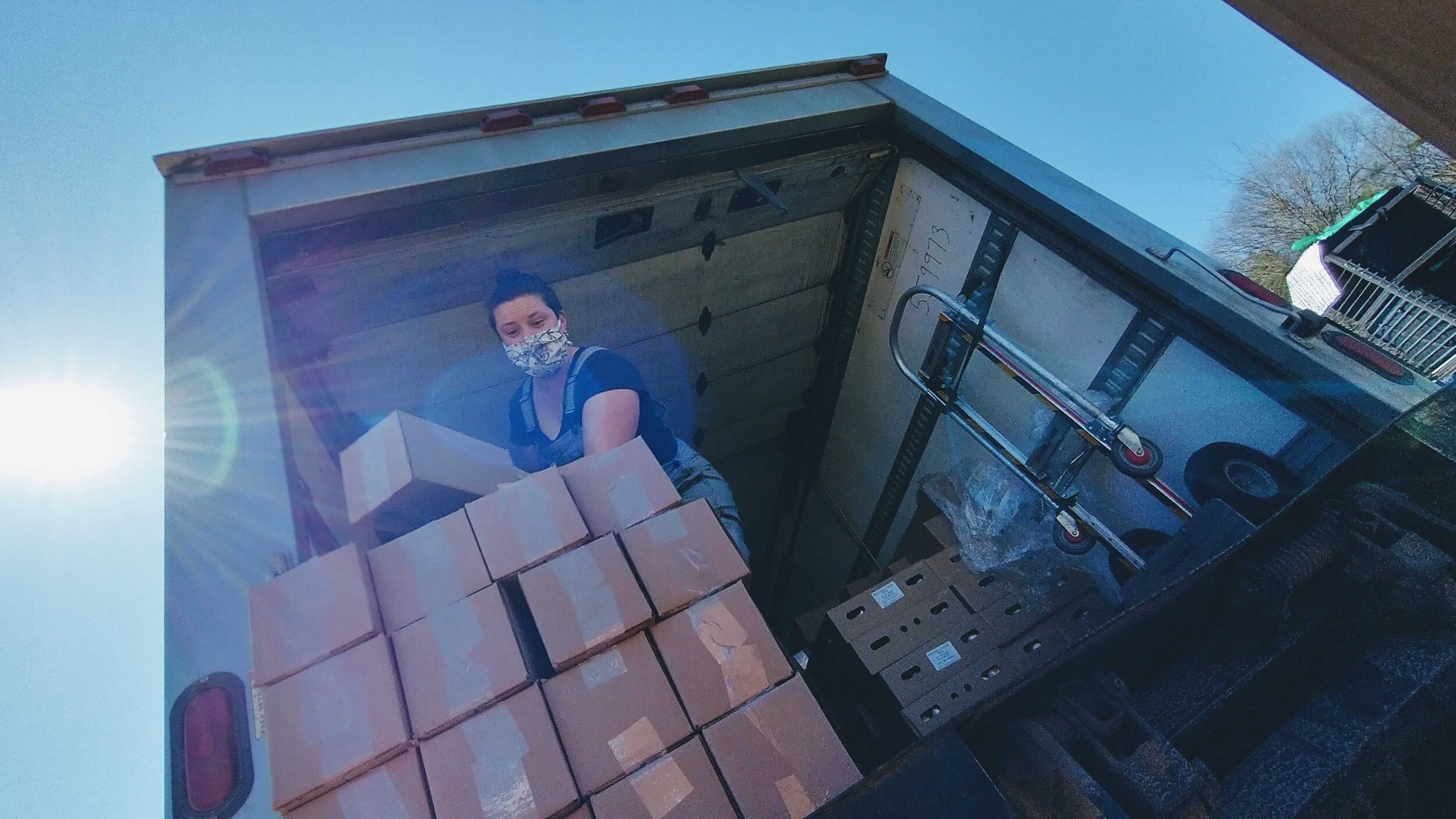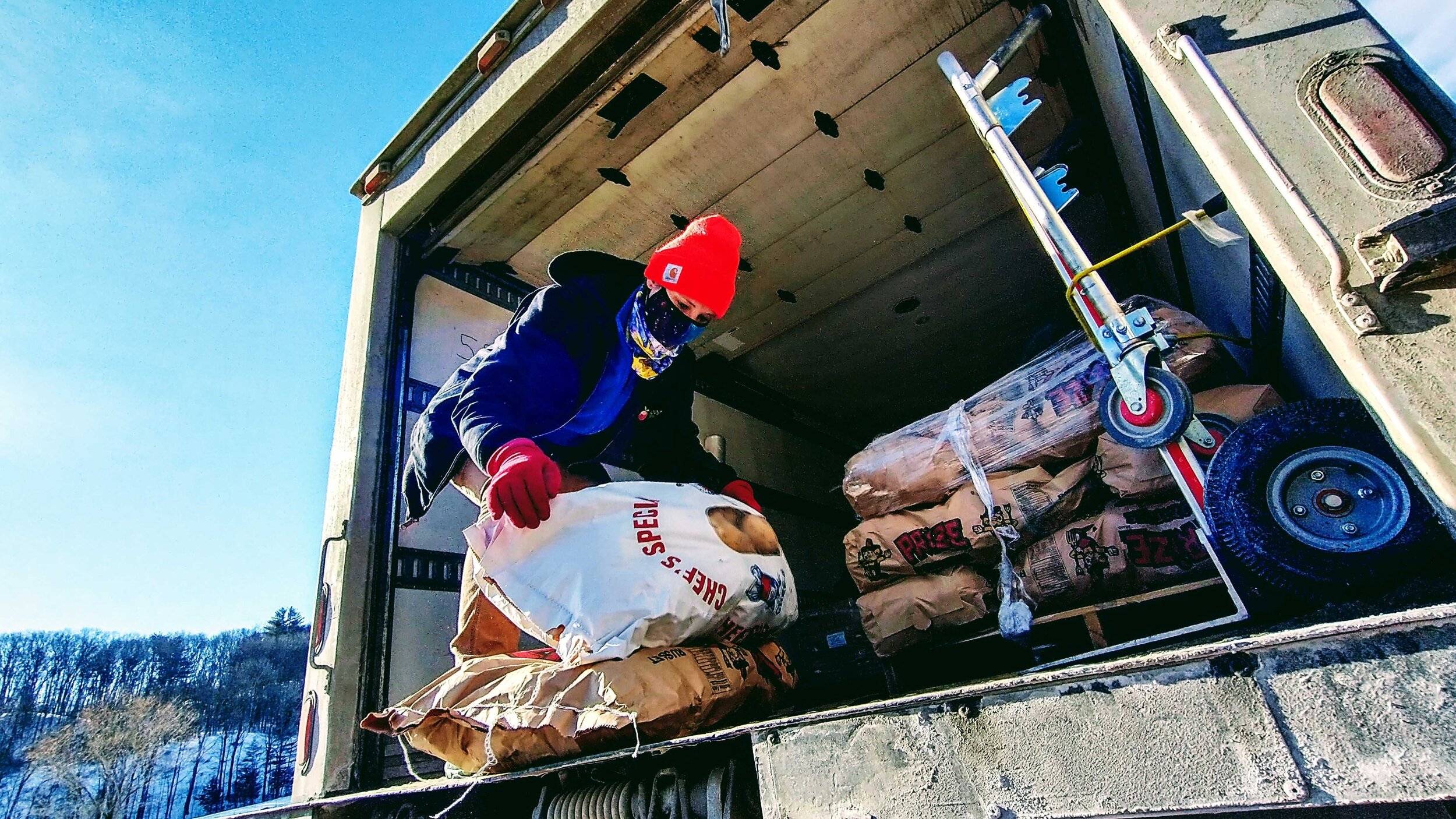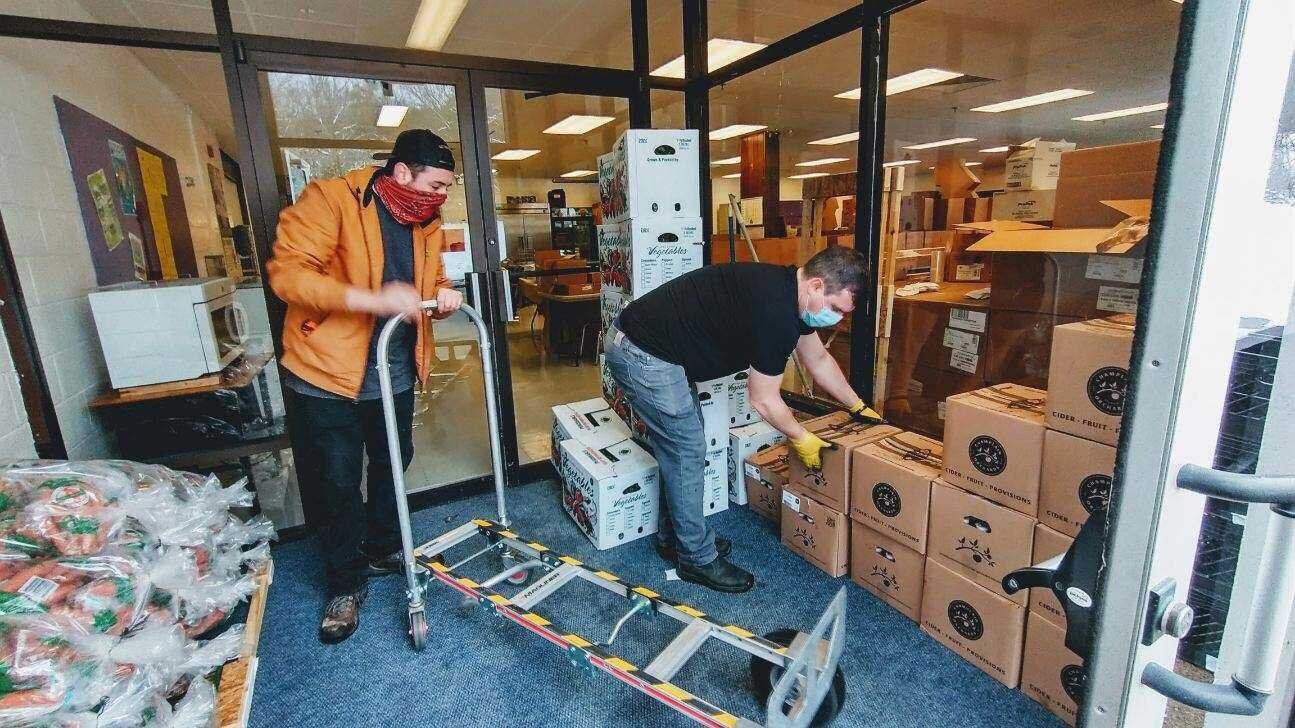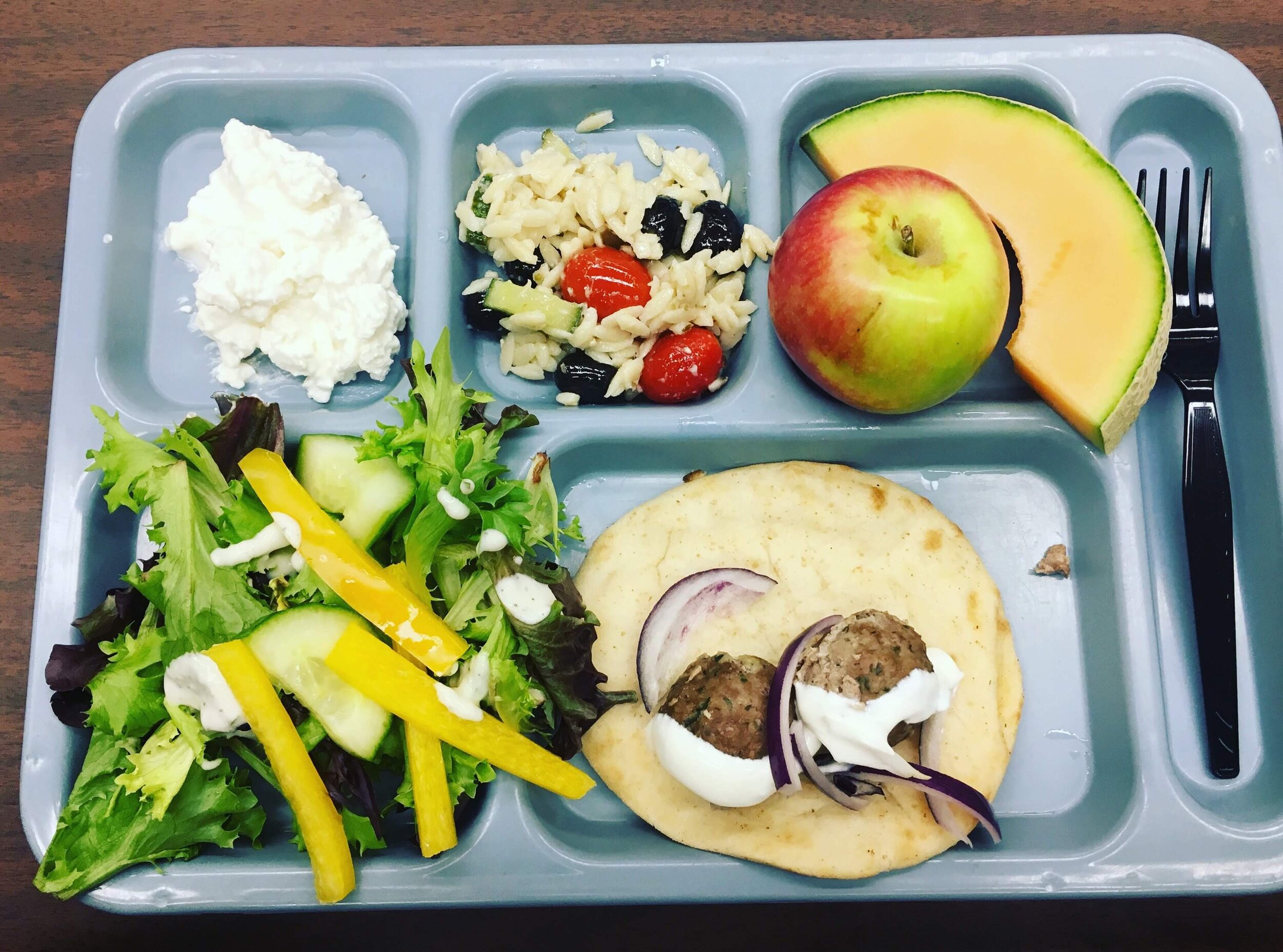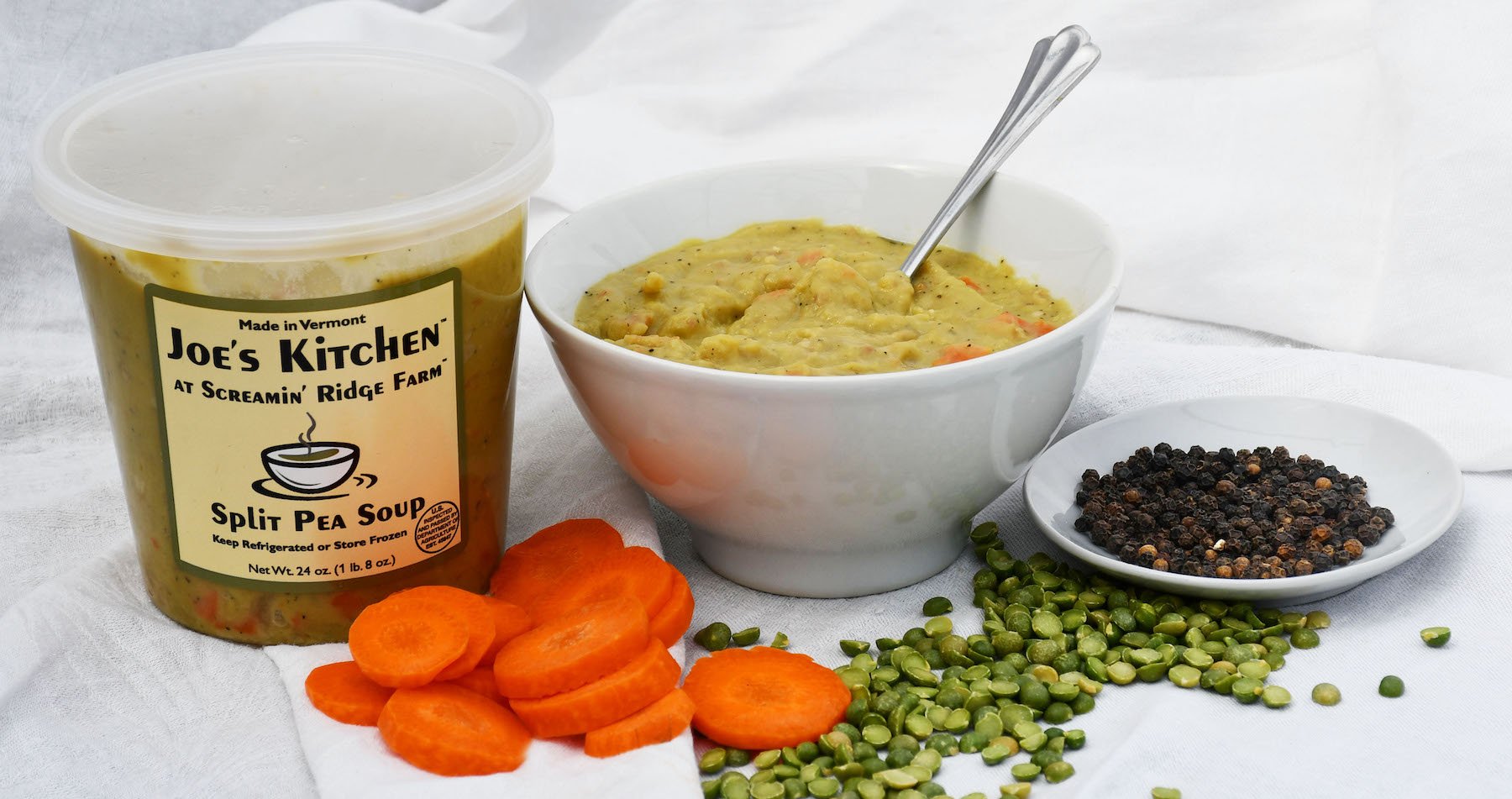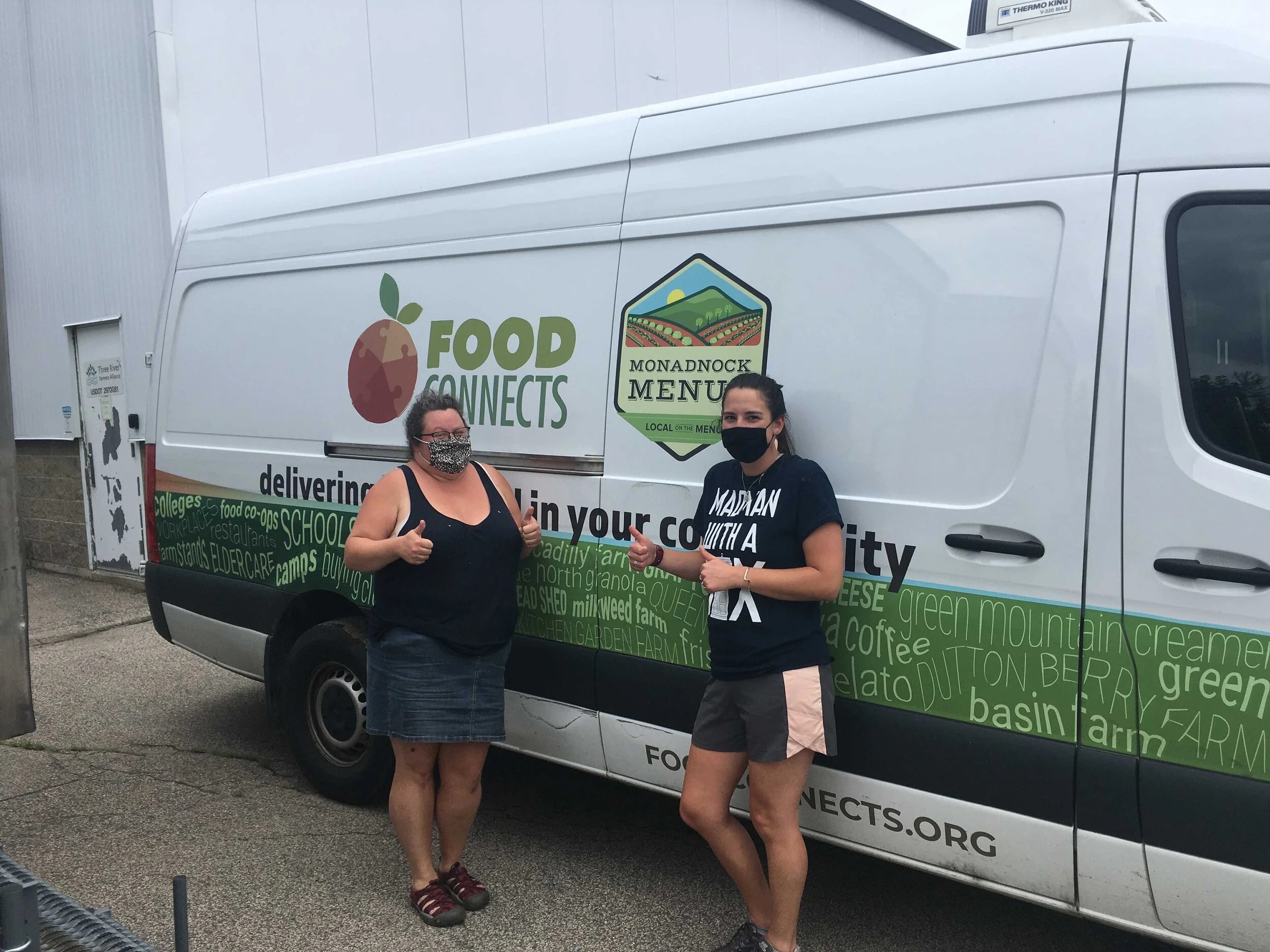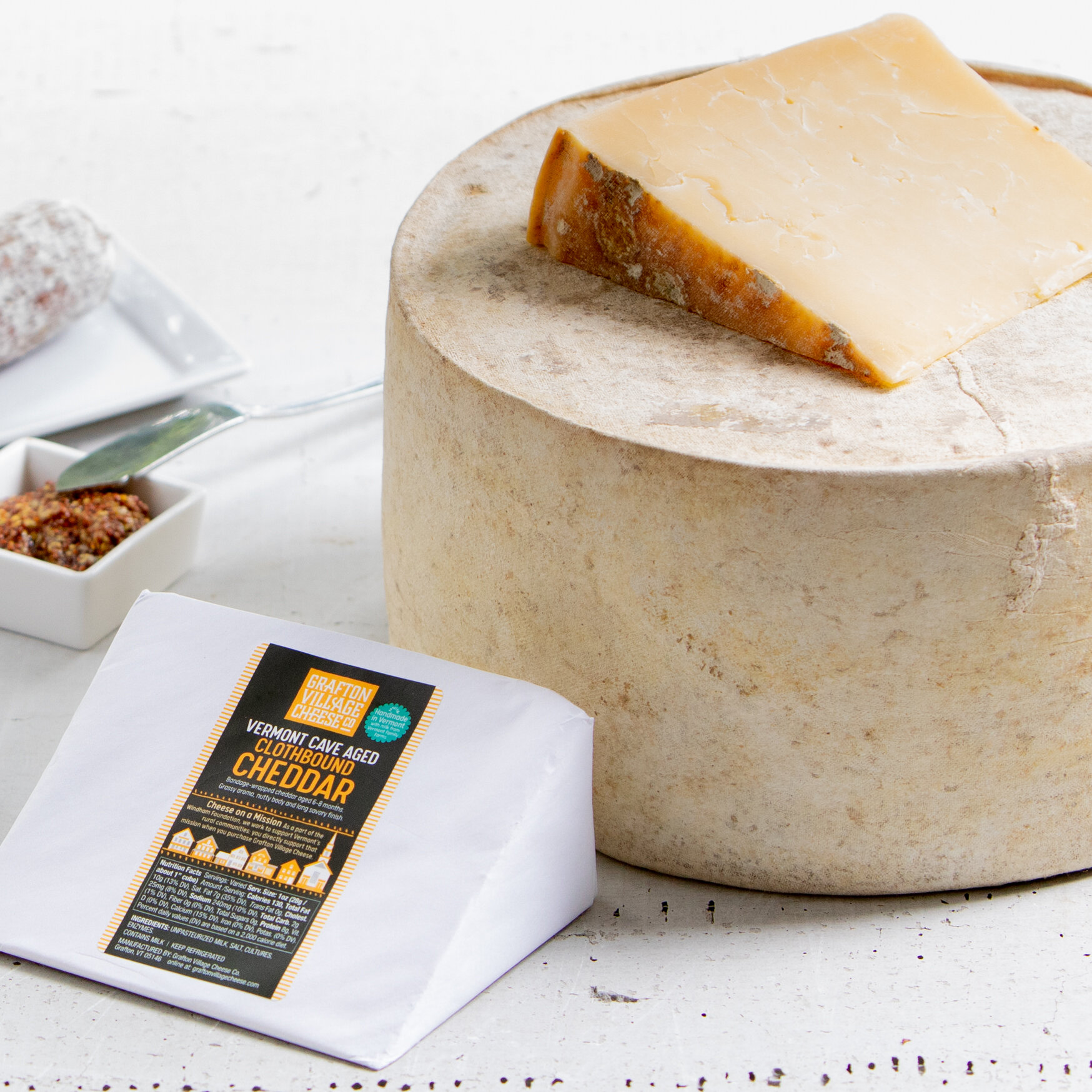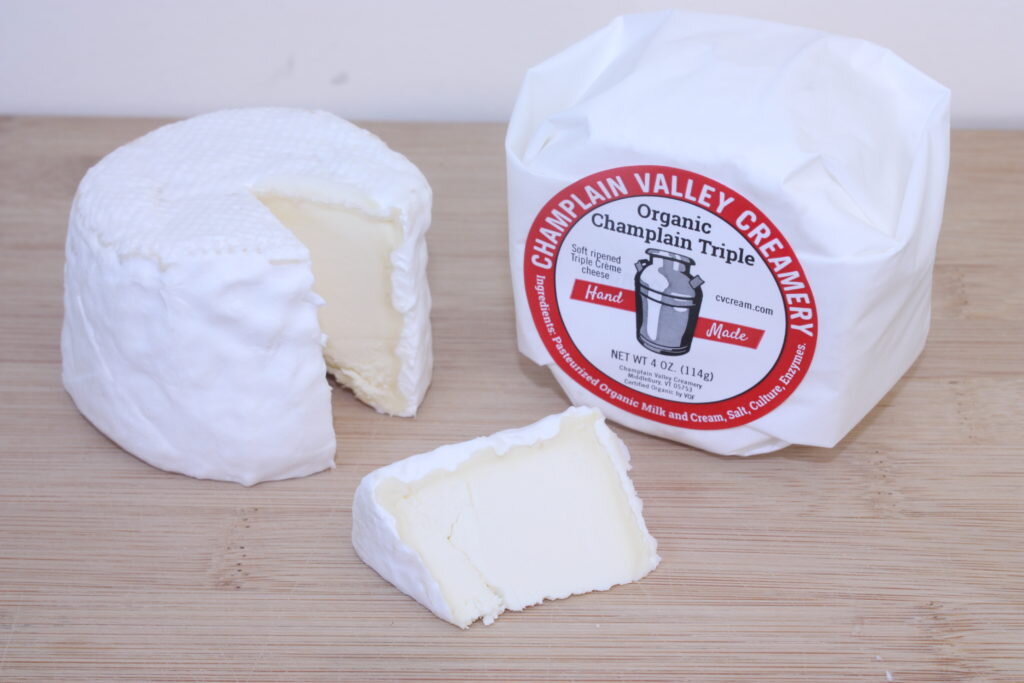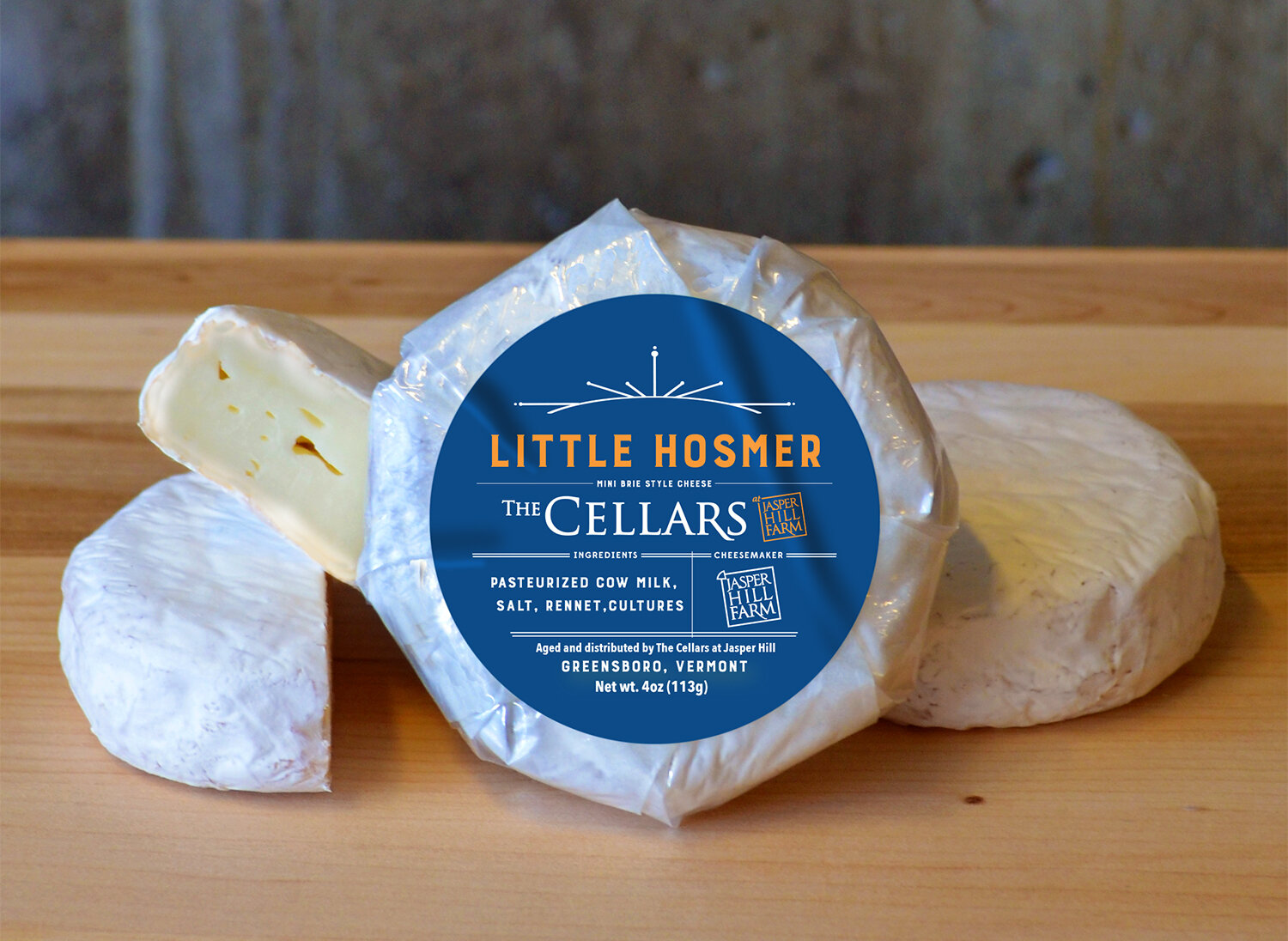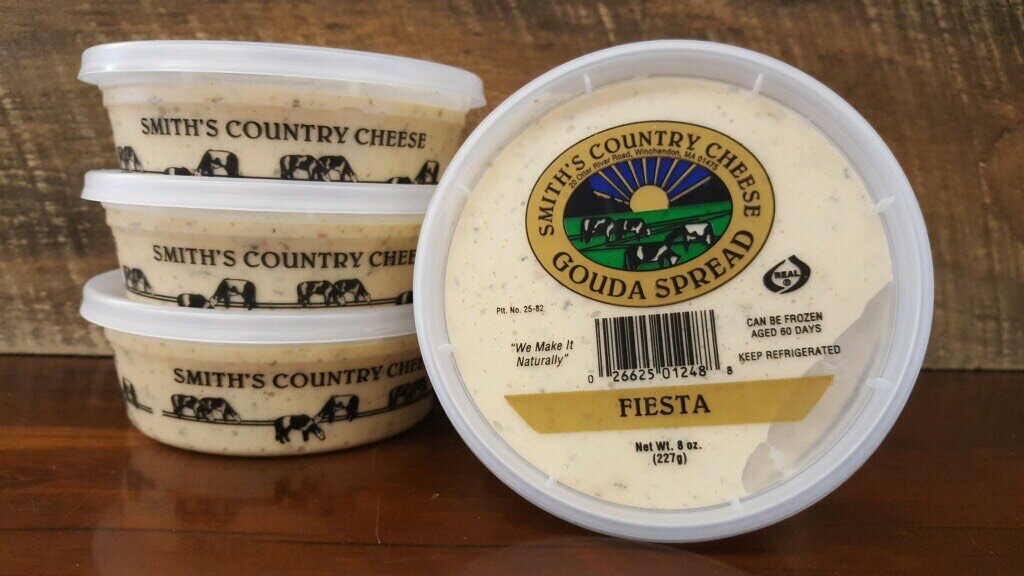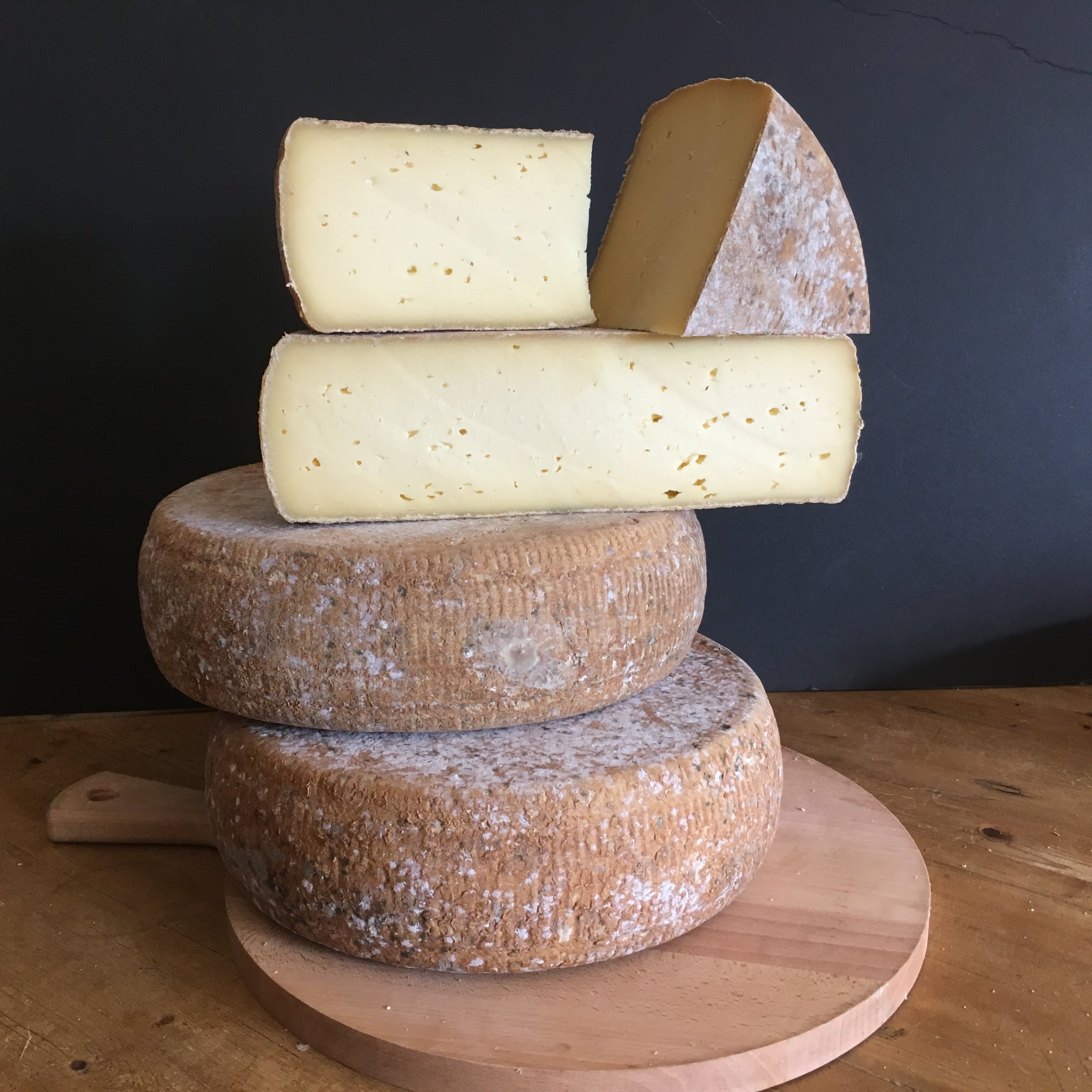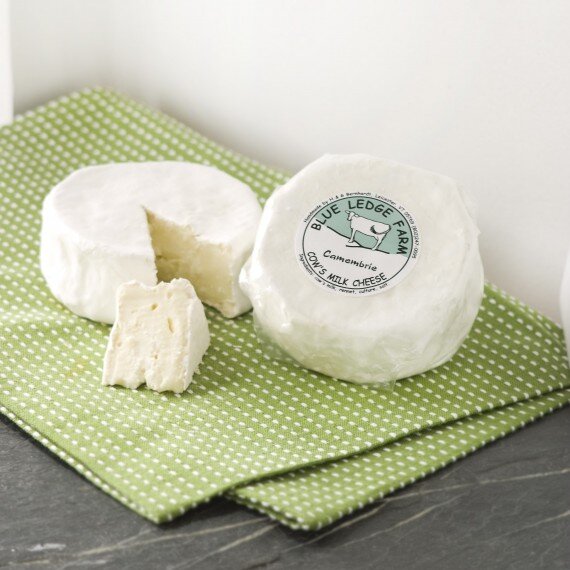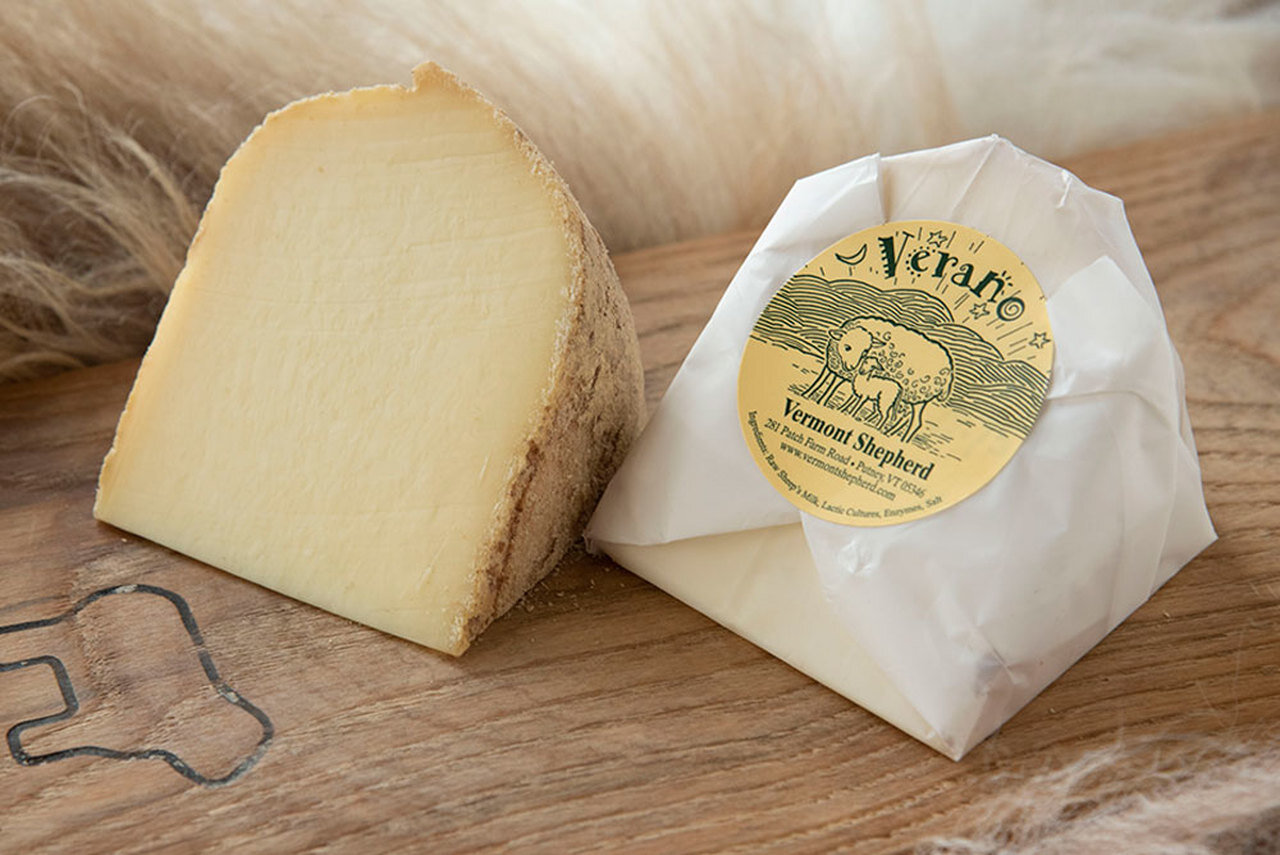Introducing one of our newest beverage producers—Katalyst Kombucha! Located in Greenfield, MA Katalyst Kombucha is part of the Artisan Beverage Cooperative whose mission is to produce the highest quality beverages possible taking into account the social and economic impacts of all decisions of the cooperative, and to demonstrate, through their success, the viability of worker cooperatives and fairly traded goods. We are excited to have them on board and that they are sourcing their ingredients from other New England food producers. Jeff Canter took some time to answer a few questions about their business.
Can you share a little about Katalyst Kombucha and how you started?
Katalyst was started as a super small operation, by two friends and kombucha enthusiasts at the Sirius community in Shutesbury, MA. Fast forward 12 years later and Katalyst Kombucha is now half of our brand identity here at Artisan Beverage Cooperative, the other half is our alcoholic ginger beer line, Ginger Libation.
Some of our readers might not know what kombucha is, can you share a Kombucha 101?
Absolutely, kombucha is a fermented probiotic functional beverage that is brewed using a culture that you’ll often hear referred to as a SCOBY, or a symbiotic culture of bacteria and yeast. After supplying the culture with tea and sugar, the end result is a delicious effervescent drink that is lower in both sugar and caffeine than many drinks on the shelf today, with the added benefit of probiotics from the fermentation process!
What makes your products unique?
We strive to use good ingredients, and to support small coops like ours whenever possible. We pride ourselves on using organic, ethically traded tea and sugar in a market where large mass produced corporate kombuchas with lower quality ingredients are becoming increasingly more available everywhere. As one of the country’s original founding commercial companies, we now have 12 years of experience producing consistently delicious kombucha, because we know what works.
What is one of your favorite kombuchas (we know it's hard to choose)?
We love our hopped kombucha! It’s a crisp and refreshing non-alcoholic alternative to a hoppy IPA that can be enjoyed alongside a meal in place of a beer, or just on its own as a refreshing functional beverage.
Why is selling locally and the local food movement important to you?
As a worker owned cooperative, our foundation has always been in maintaining relationships with surrounding small businesses. We value investing in food security and jobs right here in our surrounding community, especially in uncertain times filled with supply chain and logistical issues on a national scale.
Anything else you would like me to feature? Anything that you are doing to respond to the COVID-19 panedmic?
Check out our curbside pickup on Friday 4-6pm and Sat 12-2PM online at: https://artbev.square.site/





